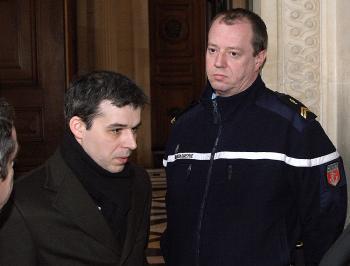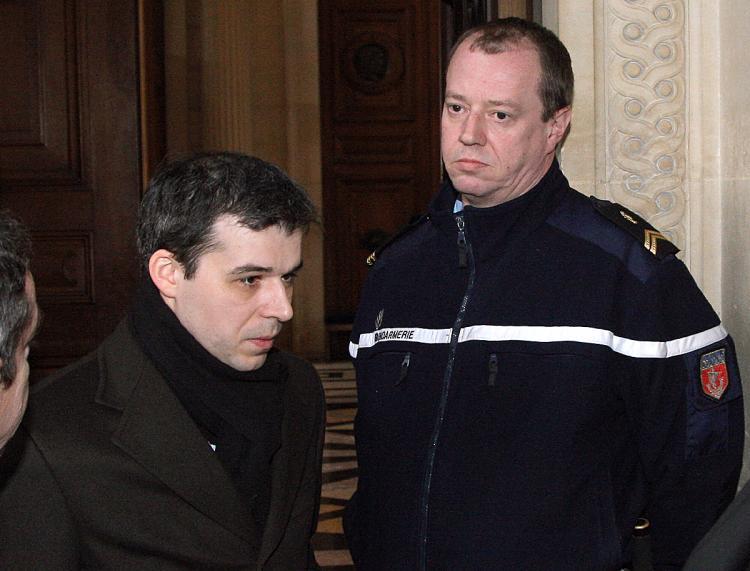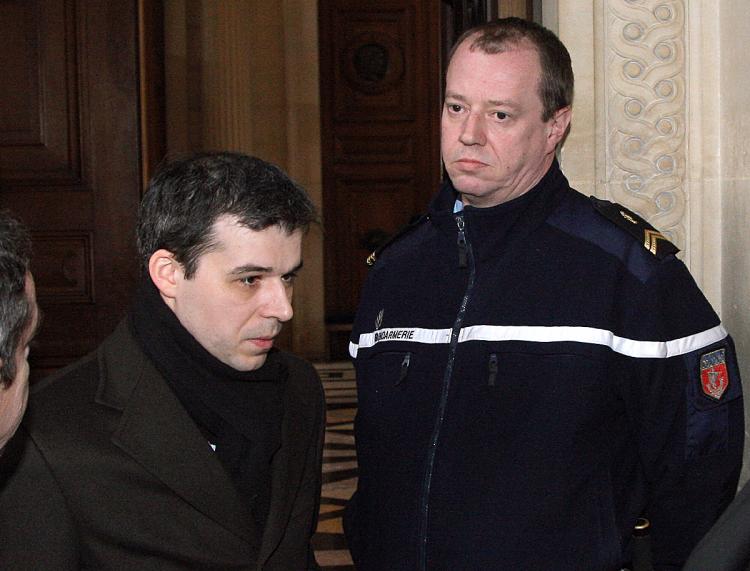He is subject to a disciplinary procedure from the Superior Council of Magistrates, an internal body of magistrate that may revoke his title as judge.
The three-part scandal finds its origins back in 2001.
Act I
The first took place in the northern city of Outreau, where legals proceedings were initiated after local social services workers warned of possible child abuses. Fifteen suspects were jailed, charged with the sexual abuse of more than 20 children.
In 2002 one of the suspects who claimed to be innocent committed suicide in jail.
In 2004, in front of a court, two major players in the story confessed to having wrongly accused some of the suspects. Seven were therefore cleared of all charges, while ten remained condemned.
Act II
Jump to the end of 2005. During an appeal, the remaining ten suspects were cleared and released after up to three years in prison. Then French President, Jacques Chirac, issued a formal apology, and the French government offered compensation to the victims.
Act III
Two magistrates have now been held responsible for the miscarriage: Fabrice Burgaud, the judge, and Gerald Lesigne, the state prosecutor. The files tend to prove that both completely neglected all elements showing that some of the suspects were innocent.
Fabrice Burgaud is especially under fire, since according to the French judicial system, the judge is supposed to research and examine all sides of a case.
The “Outreau scandal,” as it has been called, has triggered a movement for national reform of the justice system, aimed at offering less power to examining magistrates.
The potential new judicial system however, proposed following the recommendations of a Parliamentary panel held in 2006, has been widely opposed by French magistrates.
They argue that adopting a system where a prosecutor builds up a case while the defence lawyer seeks to weaken or deconstruct it—as found in the US—will undermine the independence of justice, since prosecutors depend on the French government, which could then potentially manipulate cases for political reasons.
Judge Burgaud comment to French media that he was happy to “finally have a chance to explain.” Although recognizing some mistakes that, according to his supporters, are linked to his young age, he claims “not to have committed the least disciplinary fault.”
His supporters claim that he’s a scapegoat in the affair, and has been merely used as a tool to drive judicial reform.






